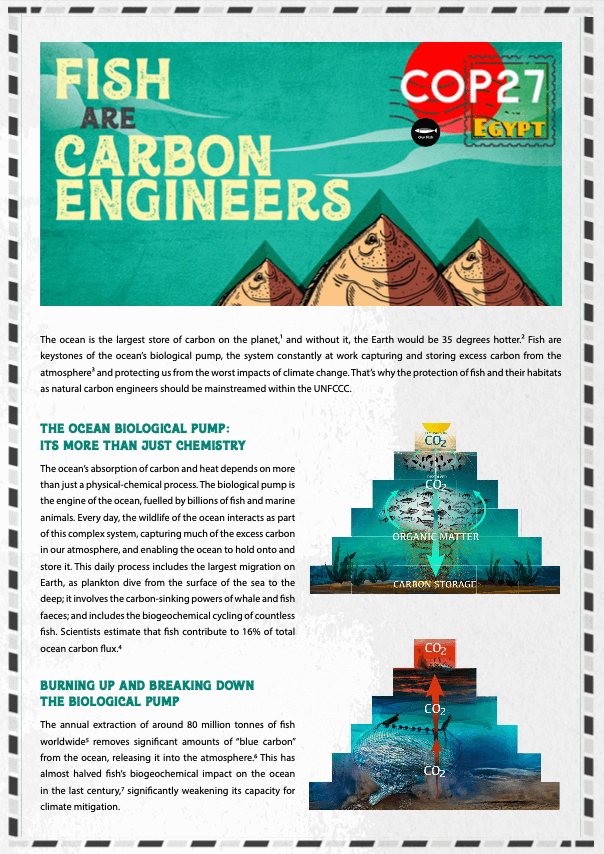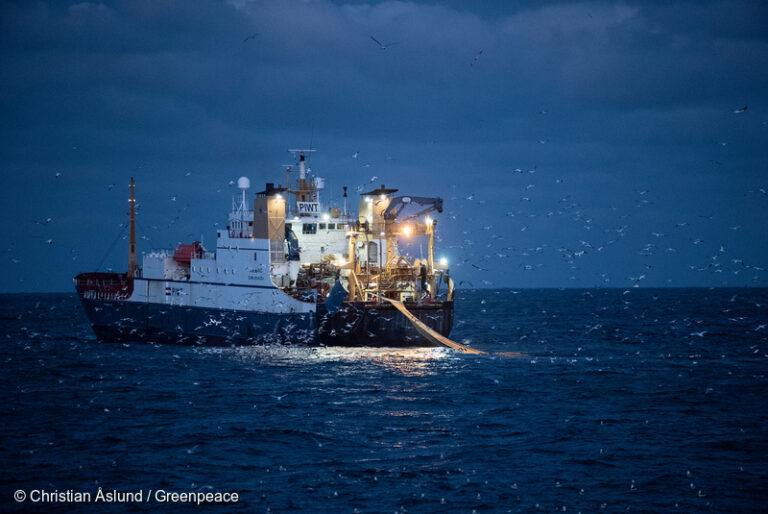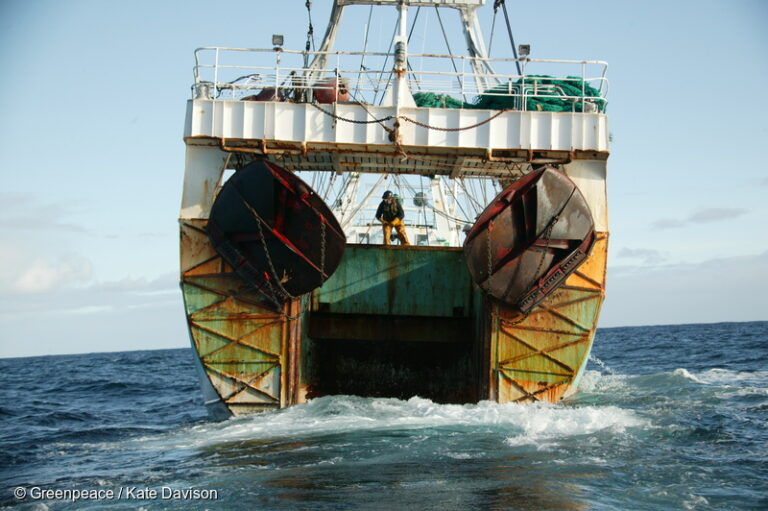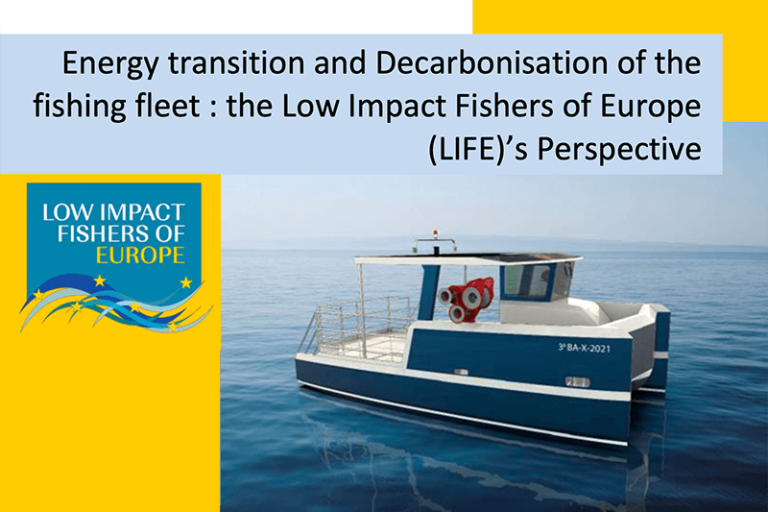Our Fish Briefing Paper, presented at COP27 on November 11th. 2022.
Download pdf: Fish are Carbon Engineers
The ocean is the largest store of carbon on the planet, and without it, the Earth would be 35 degrees hotter. Fish are keystones of the ocean’s biological pump, the system constantly at work capturing and storing excess carbon from the atmosphere and protecting us from the worst impacts of climate change. That’s why the protection of fish and their habitats as natural carbon engineers should be mainstreamed within the UNFCCC.
Unless urgent and comprehensive action is taken, we are heading towards societal collapse as a result of breaching multiple planetary boundaries. In this paper, Our Fish proposes six clear recommendations for Parties to the UNFCCC COP that would ensure fish can fulfil their critical role as carbon engineers and help deliver climate action.
The United Nations Framework Convention on Climate Change will hold it’s 27th Conference of the Parties at Sharm el-Sheikh from 6 – 18 November. Countries will meet to take action to limit climate change to 1.5 degrees (according to the Paris Agreement).





